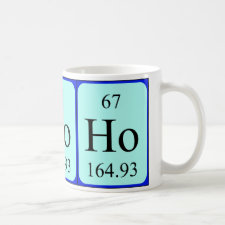
Authors: Ruigrok VJB, Levisson M, Eppink MHM, Smidt H, van der Oost J
Article Title: Alternative affinity tools: more attractive than antibodies?
Publication date: 2011
Journal: Biochemical Journal
Volume: 436
Issue: (1)
Page numbers: 1-13.
DOI: 10.1042/BJ20101860
Alternative URL: https://www.researchgate.net/publication/51080949_Alternative_affinity_tools_More_attractive_than_antibodies
Abstract: Antibodies are the most successful affinity tools used today, in both fundamental and applied research (diagnostics, purification and therapeutics). Nonetheless, antibodies do have their limitations, including high production costs and low stability. Alternative affinity tools based on nucleic acids (aptamers), polypeptides (engineered binding proteins) and inorganic matrices (molecular imprinted polymers) have received considerable attention. A major advantage of these alternatives concerns the efficient (microbial) production and in vitro selection procedures. The latter approach allows for the high-throughput optimization of aptamers and engineered binding proteins, e.g. aiming at enhanced chemical and physical stability. This has resulted in a rapid development of the fields of nucleic acid- and protein-based affinity tools and, although they are certainly not as widely used as antibodies, the number of their applications has steadily increased in recent years. In the present review, we compare the properties of the more conventional antibodies with these innovative affinity tools. Recent advances of affinity tool developments are described, both in a medical setting (e.g. diagnostics, therapeutics and drug delivery) and in several niche areas for which antibodies appear to be less attractive. Furthermore, an outlook is provided on anticipated future developments
Template and target information: Review - affinity tools
Author keywords: affinity tool, antibody, aptamer, engineered binding protein, molecular imprinted polymer



Join the Society for Molecular Imprinting

New items RSS feed
Sign-up for e-mail updates:
Choose between receiving an occasional newsletter or more frequent e-mail alerts.
Click here to go to the sign-up page.
Is your name elemental or peptidic? Enter your name and find out by clicking either of the buttons below!
Other products you may like:
 MIPdatabase
MIPdatabase









